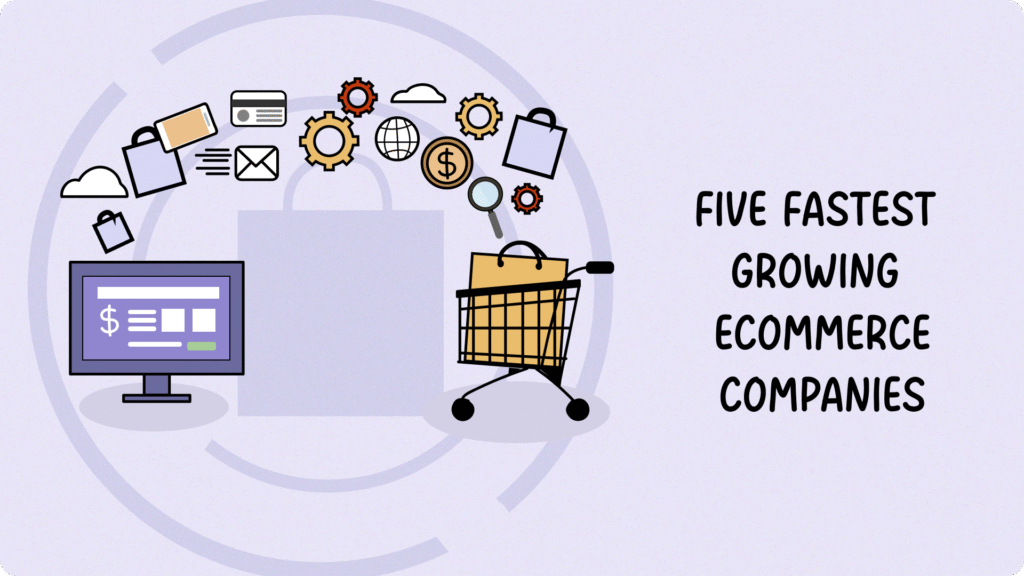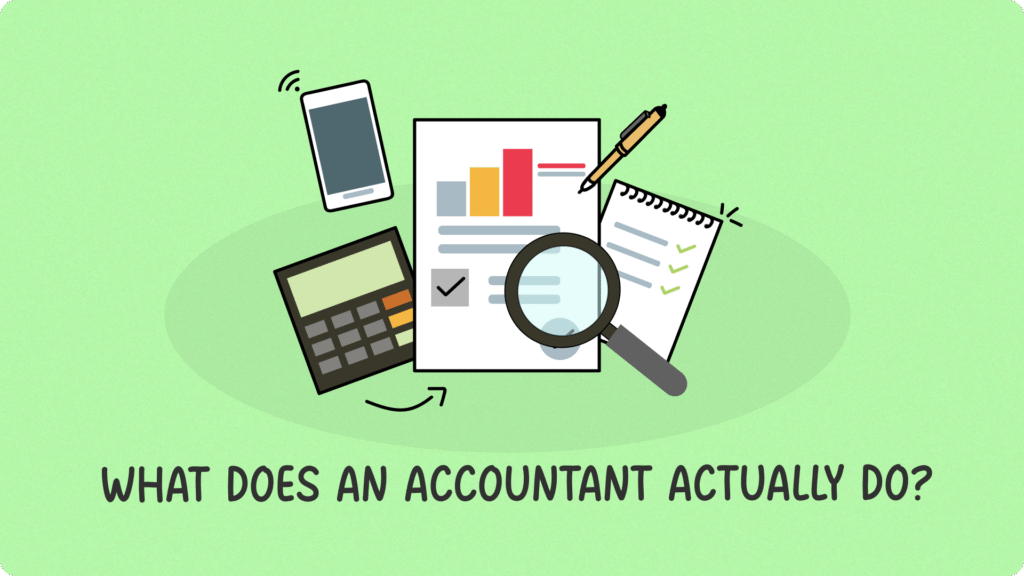Five Fastest Growing Ecommerce Companies

Americans now spend more on e-commerce than the GDP of Denmark – and these 5 innovative companies are cashing in. Forget Amazon clones – these disruptors are creating entirely new ways to shop. 1. Whatnot – Livestream Shopping Marketplace Imagine scrolling through TikTok, but instead of just watching, you can instantly buy what you see—that’s Whatnot. This platform brings the thrill of live auctions to your phone, where sellers host real-time video streams to showcase everything from rare Pokémon cards to sneakers, vintage toys, and even luxury handbags. Unlike traditional marketplaces (eBay, Facebook Marketplace), Whatnot makes shopping entertaining. Sellers hype up their products like game show hosts, buyers chat and bid in real time, and rare items can sell for thousands in minutes. It’s QVC meets social media, and it’s exploding. A rare Pokémon card was sold for $250,000 in a Whatnot auction last year—more than some houses! Key Takeaway: 2. ShopMy – Creator-Affiliate Commerce Platform Ever click an Instagram link to buy a product? There’s a good chance ShopMy powered it. This platform helps influencers monetize their audiences by turning their posts into shoppable storefronts. Brands like Nike, Lululemon, and Sephora use ShopMy to track which influencers actually drive sales (not just likes). Meanwhile, creators get commission on every purchase—without needing a clunky Shopify store. Key Takeaway: 3. Little Spoon – Direct-to-Consumer Baby and Kids’ Food Parents are tired of processed baby food filled with preservatives. Little Spoon delivers fresh, organic meals for babies and toddlers—shipped cold, ready to eat. Their “Plates” line (for toddlers) includes meals like turkey meatballs and quinoa bowls, while their baby blends use ingredients like avocado and kale. They even offer vitamins and probiotics—making them a one-stop shop for health-conscious parents. Key Takeaway: 4. Market Wagon – Online Farmers Market Farmers markets are amazing—but who has time to go every weekend? Market Wagon brings local farms to your doorstep. You can order grass-fed beef, organic eggs, artisan cheese, and fresh-picked produce—all from small farmers in your area. They handle delivery, so you get farm-fresh food without the hassle. Key Takeaway: 5. The Woobles – DIY Crochet Kits Crochet is having a major moment on TikTok—but most beginners quit because it’s too hard. The Woobles fixes that with foolproof kits that include pre-started yarn, step-by-step videos, and adorable patterns (like penguins, dinosaurs, and even a tiny Starbucks cup). Their secret is “Easy Peasy Yarn”—a special material that doesn’t unravel, so newbies can’t mess up. Key Takeaway: What These Companies Teach Us These companies prove that niches win. Instead of trying to be the next Amazon, they’re: As ecommerce continues to evolve, focusing on specific needs and creating engaging experiences will be key to standing out in the crowded online marketplace. Loved discovering these rising stars? Explore our other deep dives into business innovation: Note: All data and figures are based on available information as of 2024–2025. For the most current statistics and company details, please refer to official company reports and reputable news sources.
What Does an Accountant Actually Do? (Explained Simply)

For many small business owners and freelancers, the word “accountant” might conjure images of stern figures buried under piles of receipts, or perhaps someone who just “does taxes.” While tax preparation is certainly a big part of what they do, the reality is that the role of an accountant is far more diverse, dynamic, and crucial to the health of any business, big or small. So, what exactly does an accountant do? Let’s break down their essential functions, explaining simply how they help businesses and individuals navigate the world of finance. Think of an accountant as your financial navigator, helping you understand where your money is, where it’s going, and how to get it where you want it to be. Their responsibilities typically fall into several key areas: 1. Bookkeeping & Record Keeping At the foundation of all accounting is accurate record-keeping. While an accountant might not always handle the day-to-day data entry (that’s often the bookkeeper’s role), they oversee this process to ensure all financial transactions are correctly recorded. This includes: Without meticulous record-keeping, it’s impossible to know the true financial picture of a business. In fact, while 72% of business owners handle their own accounting tasks—from basic bookkeeping to filing taxes—a striking 60% admit they don’t feel knowledgeable about finances and accounting. 2. Financial Reporting & Analysis Once the data is accurately recorded, an accountant transforms raw numbers into meaningful insights. This involves preparing and analyzing key financial statements: Beyond just preparing these, a good accountant will analyze them to spot trends, identify areas for improvement (like cutting unnecessary expenses), and help you make informed business decisions. For instance, they might point out that while you’re profitable on paper, your cash flow is tight, prompting a review of payment terms. This insight is critical, as poor cash flow management is a leading cause of small business failure. Indeed, 60% of small business owners have grappled with cash flow issues in the past year alone. 3. Compliance & Planning for Tax Season Yes, taxes are a major component, but it’s more than just filling out forms. Accountants are experts in tax law and help ensure you comply with all federal, state, and local regulations, avoiding penalties. This includes: Handling Audits: Should the IRS come knocking, an accountant can represent you and expertly guide you through the audit process. While the overall audit rate for individual taxpayers is low, at about 0.44% in 2023, corporate returns face a higher audit rate of 0.74%. 4. Advisory Services Many accountants go beyond historical reporting and become trusted business advisors. They use financial data to help you make forward-looking strategic decisions, such as: Budgeting & Forecasting: Helping you create realistic budgets and financial forecasts to plan for future growth, expenses, and cash needs. Business Planning: Assisting with financial projections for loan applications, investor pitches, or expanding your operations. Pricing Strategies: Analyzing your costs to help you set profitable prices for your products or services. Software Integration & Optimization: Recommending and helping implement accounting software solutions that streamline your financial processes. Risk Management: Identifying potential financial risks and advising on ways to mitigate them. Why Do Freelancers and Small Businesses Need Accountants? While you might start by handling your own finances, as your business grows, the complexity increases. An accountant becomes invaluable for: In essence, an accountant is not just a number cruncher; they are a vital partner who provides clarity, ensures compliance, and offers strategic insights to help your business thrive. Ready to streamline your financial operations or need expert guidance? Whether you’re a budding freelancer or a growing small business, understanding your numbers is key to success. Schedule a call with us today to learn how our solutions can empower your financial management. Further Reading
